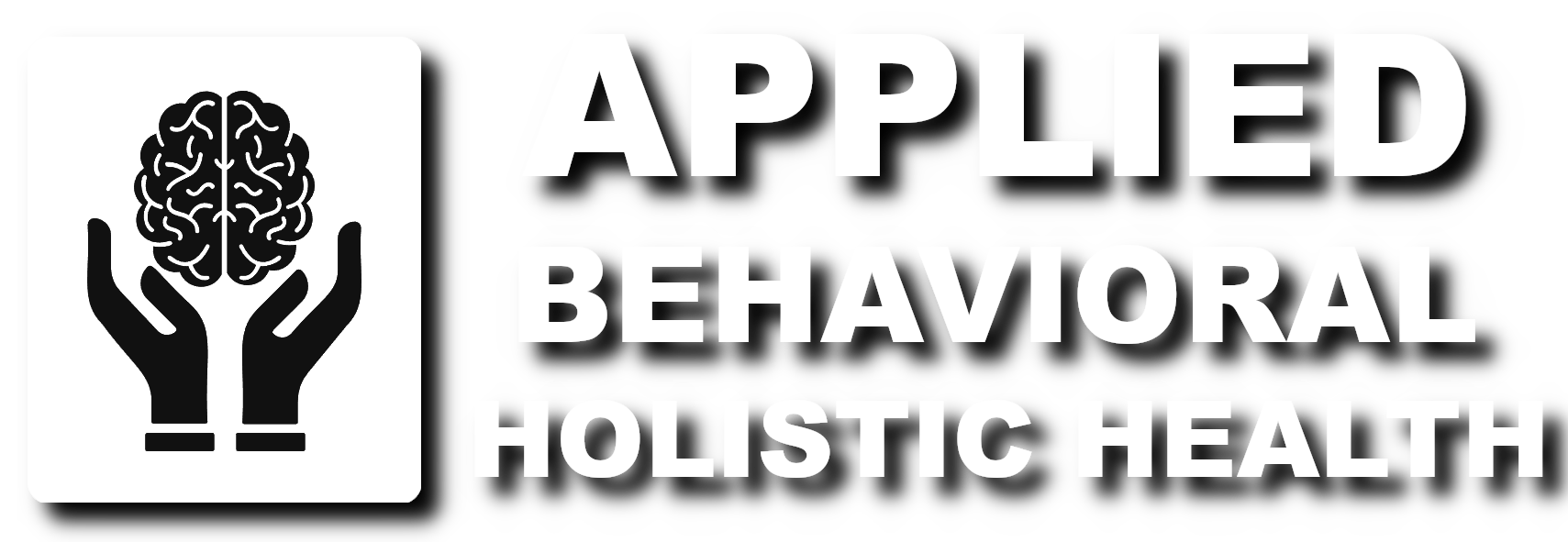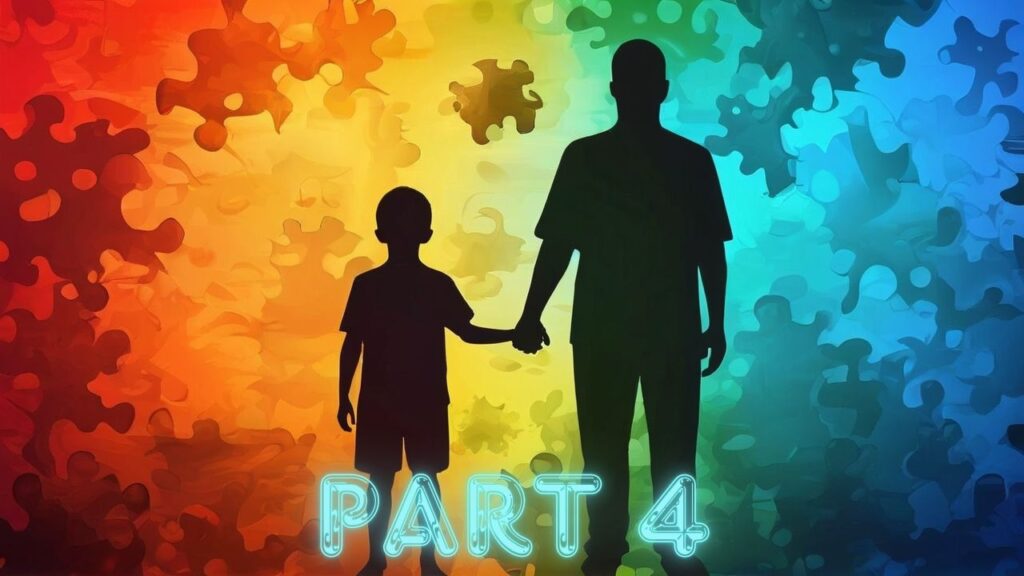- Repetitive Behaviors and Stimming:
Personal Story: Emily, a 22-year-old college student, often rocks back and forth when she’s nervous. “It helps me feel calm when I’m overwhelmed,” she explains.You might engage in these behaviors if you:
– Perform Repetitive Movements: Actions like hand-flapping or rocking back and forth. About 80% of people with ASD engage in repetitive movements ([National Autistic Society](https://www.autism.org.uk/)).
– Use Stimming: Repeating actions like tapping or fidgeting to manage feelings. Approximately 70% of individuals with ASD use stimming to cope ([Autism Speaks](https://www.autismspeaks.org/)). - Sensory Sensitivities:
Personal Story: Alex, a 30-year-old chef, is overwhelmed by loud noises in the kitchen. “The clattering pots and pans make it hard for me to focus,” he says.You might have sensory sensitivities if you:
– React Differently to Sensory Inputs: Being very sensitive or not sensitive enough to lights, sounds, or textures. About 90% of people with ASD have sensory sensitivities ([Sensory Integration Education](https://www.sensoryintegrationeducation.com/)). - Tics and Physical Behaviors:
Personal Story: Sarah, a 25-year-old writer, often blinks rapidly and clears her throat. “I don’t even notice I’m doing it until someone points it out,” she shares.You might experience these physical behaviors if you:
– Have Tics: Sudden, repetitive movements or sounds, like blinking or throat clearing. Around 30% of individuals with ASD exhibit tic-like behaviors ([Journal of Neurodevelopmental Disorders](https://jneurodevdisorders.biomedcentral.com/articles/10.1186/s11689-019-9297-4)).
– Engage in Rocking: Rhythmic movement to help calm yourself. About 50% of those with ASD rock or engage in similar behaviors ([Autism Research Institute](https://www.autism.com/)). - Developmental History:
Personal Story: Lily, a 40-year-old teacher, recalls having difficulty with social interactions and communication as a child. “I always felt out of place and struggled to make friends,” she reflects.You might have developmental differences if you:
– Notice Early Signs: Differences in social interaction or communication from a young age. Research shows that signs of ASD can be detected by age 2, with 80% of children showing early symptoms ([CDC](https://www.cdc.gov/ncbddd/autism/facts.html)). - Impact on Daily Life:
Personal Story: Tom, a 45-year-old accountant, finds it hard to manage daily tasks and work effectively. “I feel overwhelmed by simple things like grocery shopping or meeting deadlines,” he says.You might face these challenges if you:
– Struggle with Daily Activities: Problems with relationships, self-care, or daily tasks. About 40% of individuals with ASD have difficulties with daily living skills ([Autism Speaks](https://www.autismspeaks.org/)).
– Face Employment Issues: Difficulty finding or keeping a job due to work challenges. Studies show that about 70% of adults with ASD face significant employment challenges ([National Autistic Society](https://www.autism.org.uk/)).
– Experience Underemployment or Unemployment: Many people with ASD are underemployed or unemployed. Research indicates that about 85% of adults with ASD are either unemployed or working in jobs that don’t match their skills ([National Autistic Society](https://www.autism.org.uk/)). - Family History:
Personal Story: Anna, a 32-year-old graphic designer, discovered that her younger sibling was also diagnosed with ASD. “It made me realize that some of my own challenges might be linked to family history,” she says.You might consider family history if you:
– Have Relatives with ASD: Genetic factors can play a role. If a family member has ASD, there’s about a 20% chance another family member might also have it ([National Institute of Mental Health](https://www.nimh.nih.gov/health/topics/autism-spectrum-disorders-asd)). - Employment Challenges:
Personal Story: Mike, a 40-year-old customer service representative, struggles with workplace communication and feedback. “I find it hard to understand and respond to my manager’s feedback,” he shares.You might face these work challenges if you:
– Have Communication Issues: Difficulty understanding workplace norms or expressing ideas. Around 50% of people with ASD report challenges with communication ([Journal of Autism and Developmental Disorders](https://link.springer.com/article/10.1007/s10803-015-2450-2)).
– Experience Sensory Overload: Being overwhelmed by noisy or busy environments. About 50% of people with ASD experience sensory overload at work ([Sensory Integration Education](https://www.sensoryintegrationeducation.com/)).
– Find it Hard to Adapt to Changes: Difficulty adjusting to changes in job duties or schedules. About 65% of individuals with ASD struggle with changes in routine ([National Autistic Society](https://www.autism.org.uk/)).
– Struggle with Multitasking: Challenges with focusing on multiple tasks. Around 55% of people with ASD have difficulty with multitasking ([Journal of Neurodevelopmental Disorders](https://jneurodevdisorders.biomedcentral.com/articles/10.1186/s11689-019-9297-4)).
– Have Trouble with Social Skills: Issues with building work relationships or participating in team activities. About 60% of individuals with ASD face difficulties with social skills ([Autism Research Institute](https://www.autism.com/)).
– Find it Hard to Advocate for Yourself: Difficulty requesting help or accommodations. Around 45% of people with ASD have trouble advocating for their needs ([Journal of Autism and Developmental Disorders](https://link.springer.com/article/10.1007/s10803-015-2450-2)).
– Handle Performance Feedback: Challenges understanding and responding to feedback. About 50% of individuals with ASD find it difficult to handle performance evaluations ([National Institute of Mental Health](https://www.nimh.nih.gov/health/topics/autism-spectrum-disorders-asd)).

Blog
How to Make the 333 Rule Part of Your Routine?
– When Anxiety Hits: Use the 333 Rule as soon as you feel anxiety building up. Taking a few moments to focus on your surroundings


